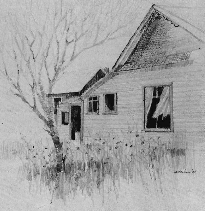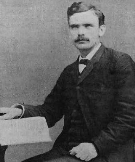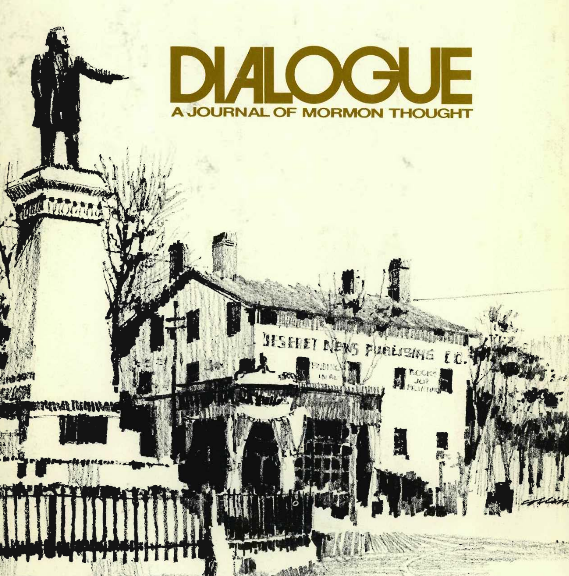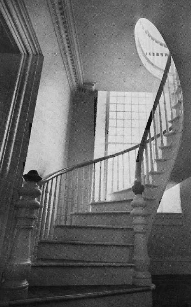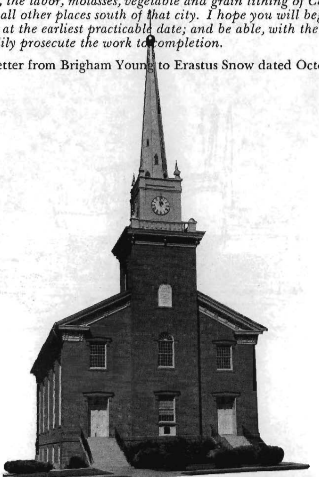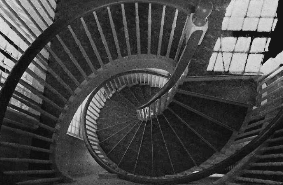Law and Order — A Two Way Street
May 3, 2018Our society is afflicted with a tumorous disrespect for law. Ordinary citizens and public figures reject the requirements of law and boldly substitute some other set of values to justify clearly illegal behavior. Widely publicized…


